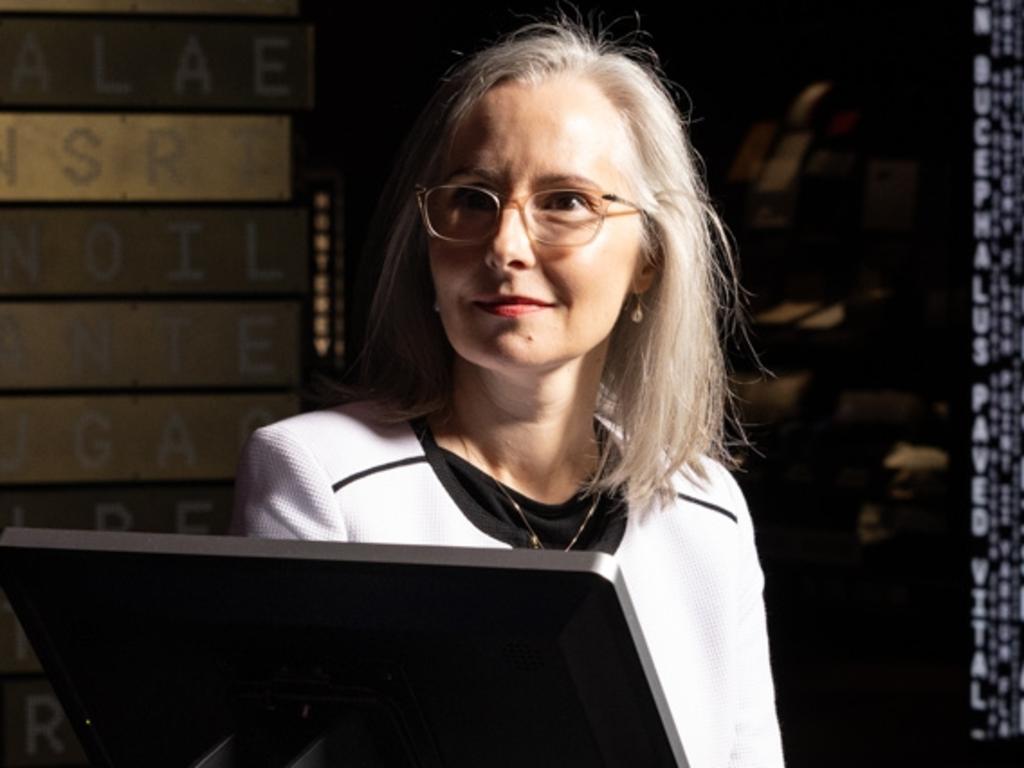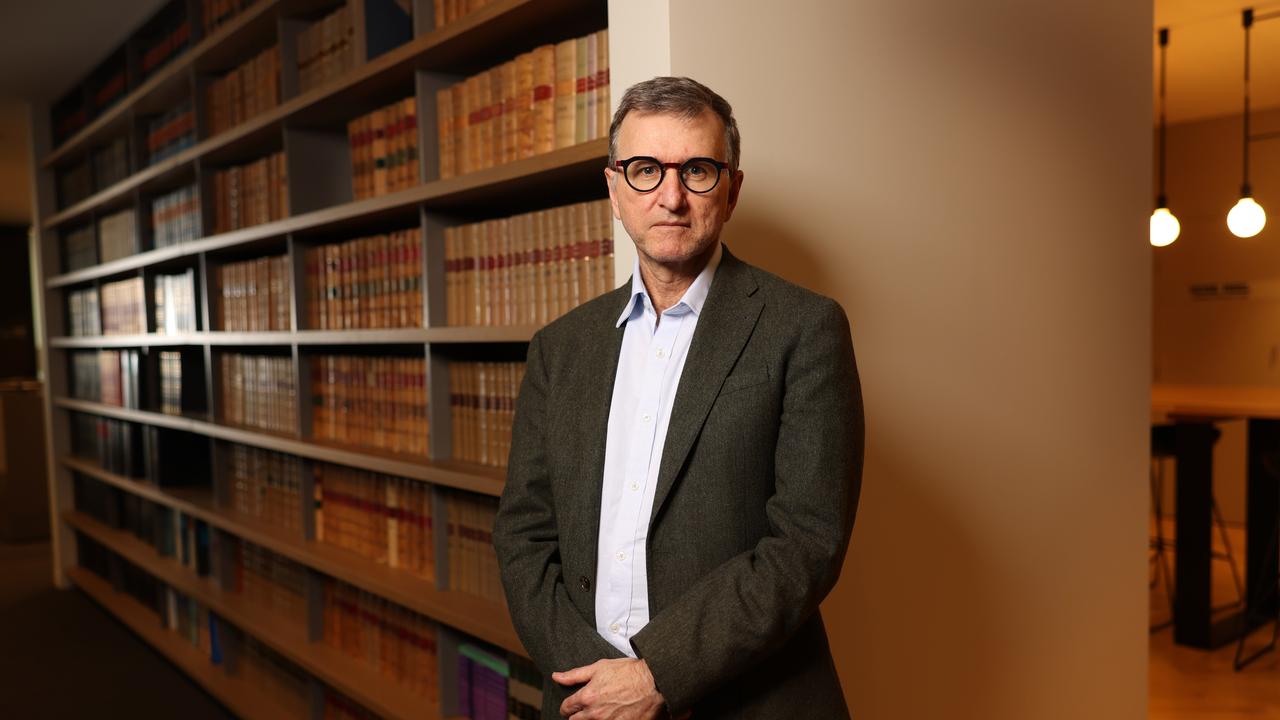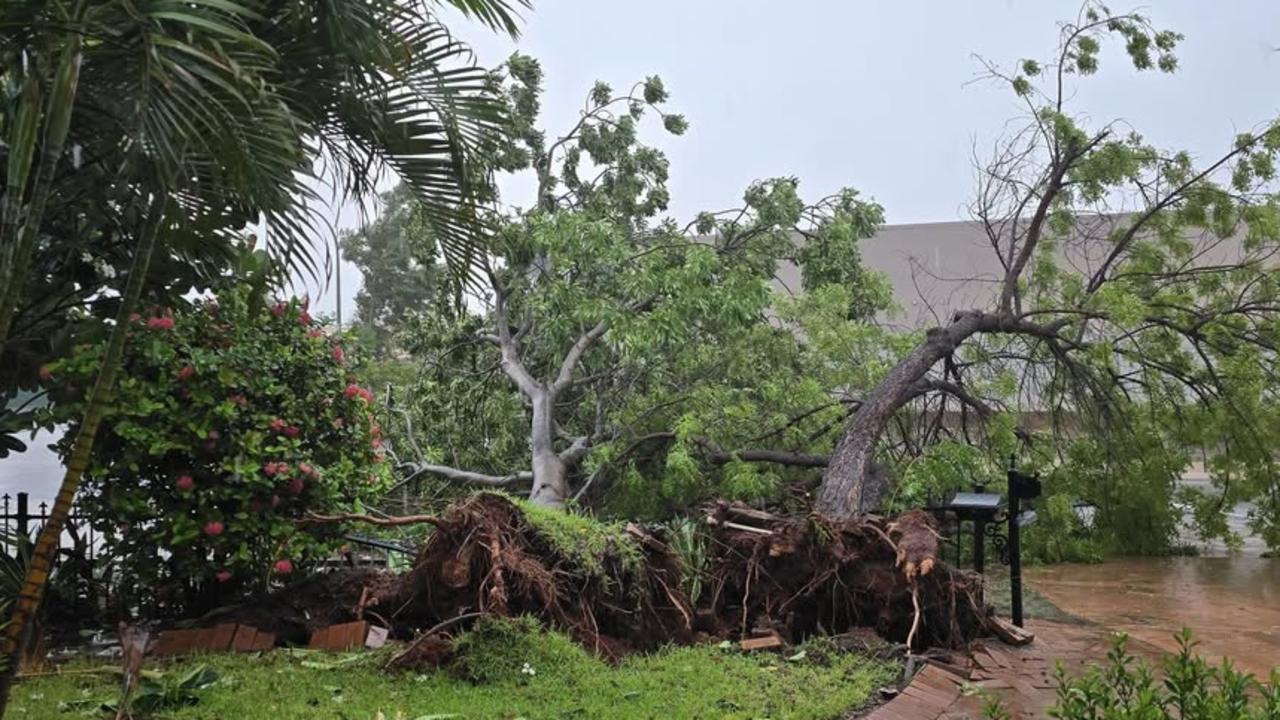History of Australian Signals Directorate goes ahead without official blessing
An ‘official’ history of the top-secret Australian Signals Directorate was scrapped and a new ‘unofficial’ history by the same author has emerged in its place.
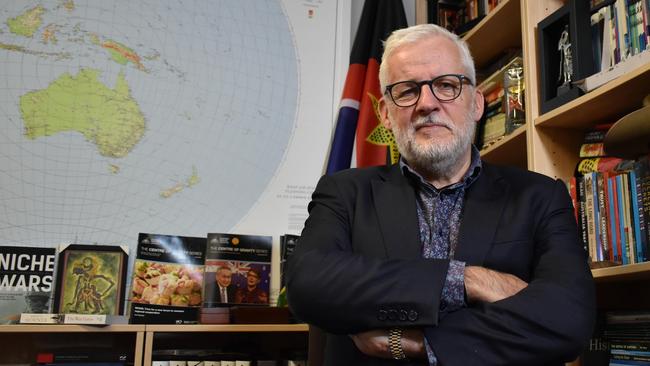
An intriguing book that started life as an “official history” of the top-secret Australian Signals Directorate is set to be published on Monday, with the word “unofficial” now on the cover, and a new publisher in place.
The book, Revealing Secrets, was initially commissioned by the former head of the ASD, Mike Burgess, at a cost of $2.2m.
It was to be written by John Blaxland, a former Australian Army officer who is now professor of international security and intelligence studies in the Strategic and Defence Studies Centre.
He was part way through the project when the new head of the signals agency, Rachel Noble, was appointed.
In a review published in the books pages of The Weekend Australian on Saturday, military historian Mark Dapin says the authors ran into trouble after Noble expressed disquiet about the planned content.
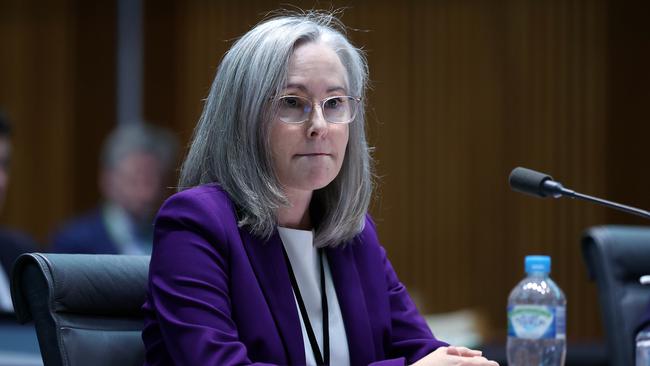
Dapin says Blaxland and ANU were advised that the directorate did not want to include any information about the past 25 years of the agency’s history, a period of time that perhaps coincidentally encompasses small-scale but titillating scandals, such as a trove of text messages leaked to The Daily Telegraph that alleged a culture of extramarital affairs, incompetence, nepotism, corruption and law-breaking.
Noble, when asked to address the matter during a Senate estimates hearing in October 2020, said the disagreement was over the “balance of content”.
She felt there was too much about “antecedents of cryptology and signals intelligence in the world, including Greek and Roman times” and not enough about the agency’s history. She also said more than $500,000 of the original contract had been paid before the plug was pulled.
Noble has given approval to an “official history” of the first 25 years of the agency, written by John Fahey, who worked there in the 1980s and ’90s. “This story has never been told, because in the secret world we could not, and cannot, share what we do all day, even with family and loved ones,” she wrote, on the cover.
Blaxland, meanwhile, asked Clare Birgin, whose 30-year career at DFAT focused on national security and intelligence, to come on board and produce an “unofficial” version. Both writers are highly skilled at keeping secrets where necessary. The agency’s slogan is: “Reveal their secrets ... Protect our own.”

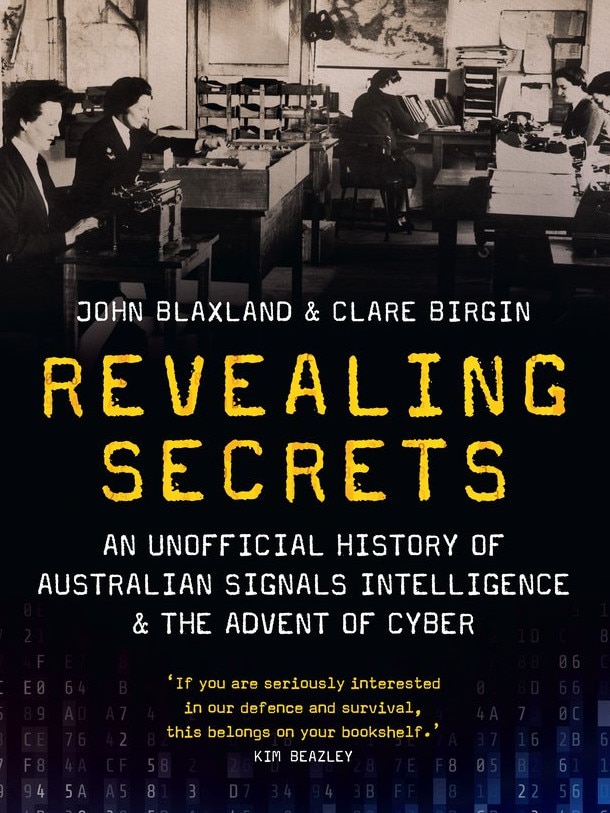
Birgin told The Weekend Australian she didn’t know why the “official history” project stalled, only that “it started off as an official history when Mike Burgess was there. He gave the go-ahead, and he was replaced by a new person, who had a new approach.”
The Weekend Australian understands Noble was also squeamish about current operations being included.
Blaxland previously wrote an official history of ASIO, with no security problems.
“The idea is, they can object, and you can negotiate on what you want to include, and this book started out like that,” Birgin said, “but then things changed.”
The original publisher, ANU, let them keep the work they’d already done, and a new publisher, UNSW Press, stepped in, but the shelved two-volume “official history” still cost about $500,000.
“It’s worked out better,” Birgin said. “We’ve broadened the scope. We’ve been able to be truly independent. We were still very cautious. It’s important not to reveal things that might cost people their lives. We understand that Australia, which works with the Five Eyes partners, need to keep some things secret.

“The other side of that is giving the public access to information they are entitled to. The public has to trust what you are doing. Sometimes, you feel (as an author) that something is being kept secret just because it’s easier to say no, that’s secret. It’s important to be as open as possible. The taxpayer does have a right to know as much as you can reasonably tell.”
The book celebrates “the many people who worked for security agencies during the wars, who were unsung,” says Birgin. “My feeling, after writing it, was, well, I’m very proud to be Australian, but I’m even prouder, now.
“There is a certain national diffidence in Australia isn’t there? And in a way I like that. I find it irritating when people blow their horn too much. The other thing that struck me was the role of women. Not blowing our own trumpet goes double for women, but they have been excellent signal operators ... and they have reason to be very proud.”




